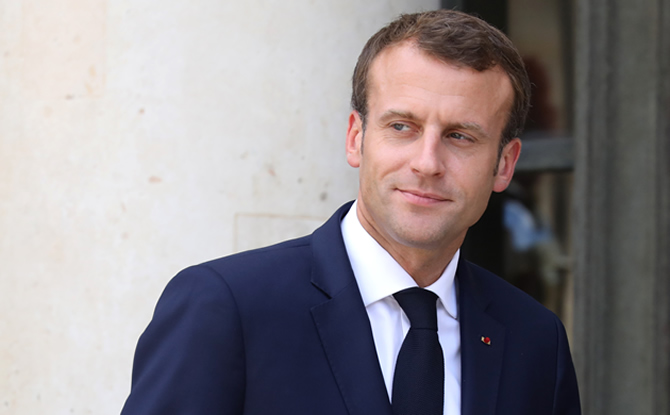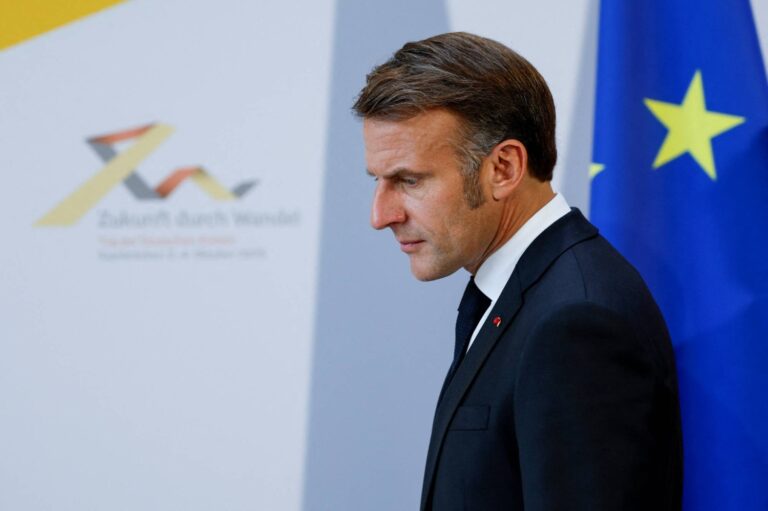
France’s reparations for colonial legacy are at the center of growing calls for accountability as activists in Dakar demand justice for past exploitation. Demonstrations and public forums have intensified, with campaigners urging France to recognize its colonial history and take concrete steps toward reparations. Many believe that addressing these historic injustices is crucial for healing and progress in Africa.
The demands are not new, but recent events have renewed momentum. Activists argue that France benefited enormously from colonial rule, extracting resources and exploiting African labor. They say this left lasting economic and social damage that continues to affect millions today. Calls for reparations highlight the need for both financial compensation and meaningful policy changes to repair decades of inequality.
In Dakar, campaigners organized marches, panel discussions, and press briefings to raise awareness. They emphasized that reparations should not only involve money but also structural changes in trade, education, and governance. Many young Africans joined the movement, insisting that their generation deserves to see justice after years of silence on the matter.
France’s reparations for its colonial legacy have also entered political debates in Africa and Europe. African leaders face growing pressure from their citizens to demand accountability, while French officials struggle with balancing acknowledgment of the past with political sensitivities at home. Some French politicians have expressed openness to dialogue, but critics argue that promises have yet to lead to real change.
Speakers at the Dakar events pointed out that colonial policies stripped Africa of cultural heritage, land, and economic stability. They cited widespread poverty, limited industrialization, and persistent dependence on former colonial powers as direct consequences. Activists said reparations could include debt cancellation, investments in health care, and fairer trade agreements that benefit African economies.
Protesters held banners calling for dignity, equality, and recognition. They shared personal stories of how colonial legacies continue to affect their families and communities. Many insisted that without reparations, the wounds of the past remain open and reconciliation cannot be achieved.
Observers note that France has previously acknowledged certain colonial wrongs, such as its role in Algeria. However, critics say apologies alone are not enough. They argue that without reparations and practical steps, words amount to little more than symbolic gestures. Calls for action have now spread to the international stage, drawing attention from human rights groups and global media.
Some analysts believe the growing demands could reshape relations between France and its former colonies. They suggest that meaningful reparations could strengthen partnerships and reduce anti-French sentiment, which has been rising in several African nations. At the same time, they warn that refusal or delay could fuel resentment and weaken France’s influence in the region.
Young activists remain at the heart of the movement. They are using social media, music, and art to amplify their message and connect with global audiences. Their creativity has drawn widespread support, and their determination shows no sign of slowing down. Many see them as the driving force behind this push for justice.
The debate also raises questions about how reparations should be implemented. Some propose direct financial payments, while others suggest long-term investments in education, infrastructure, and job creation. Activists argue that these measures would not only address past wrongs but also secure a better future for African nations.
In conclusion, these reparations remain a pressing issue with growing support from African youth, leaders, and civil society groups. The movement in Dakar highlights the urgent need for accountability and meaningful action. While France has taken small steps toward recognition, activists demand bold commitments that can truly address historic injustices and build a fairer future for generations to come.

